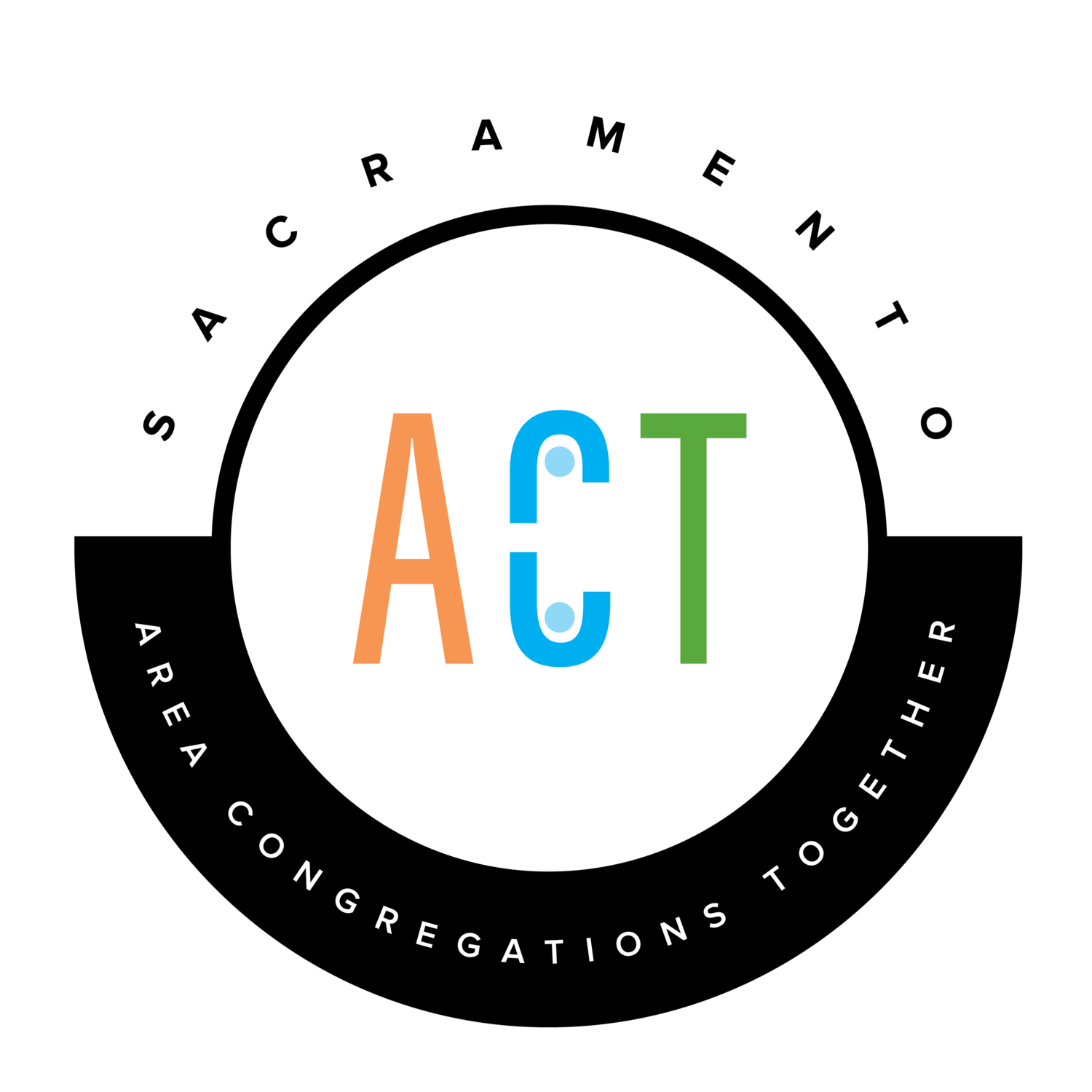BY SHIREEN MILES AND MIKE JASKE
Special to The Bee
SEPTEMBER 29, 2017 10:00 AM
As people of faith, we see a moral imperative to end homelessness in Sacramento. Practically speaking, though, we also see the need to marshal our resources around a common vision and a concrete plan.
So far, local government leaders and nonprofit service providers have struggled to align services and coordinate care, and to create a real safety net to end the suffering endured by those forced to live without shelter.
In late August, more than 375 people attended Sacramento Area Congregations Together, or ACT’s, meeting on homelessness at St. Mark’s United Methodist Church. Sacramento ACT challenged the mayor, council and county Board of Supervisors to work together to create a comprehensive five-year plan to end homelessness in this county.
We felt this plan should be supported by all key parties, including the leadership of other cities within the county. And it should include specific action steps, responsibilities, timelines for implementation, and the commitment of funding and resources to support each component.
Mayor Darrell Steinberg, Supervisor Don Nottoli, Councilman Jeff Harris and Sacramento Steps Forward Director Ryan Loofbourrow signed a personal pledge to bring to their body a proposal to initiate and assure development of a draft plan. Now they need to make the pledge a reality.
Sacramento’s local leaders clearly show a commitment to helping the homeless. We applaud recent actions by the city and county. The city’s successful application for Whole Person Care funds, its initiative to open new shelters this winter, and the county’s plan to open full-service rehousing shelters and flexible supportive rehousing are important steps.
But these efforts mostly amount to a series of project-specific actions – add a shelter here, divert homeless people from inappropriate emergency room usage there. By themselves, they will not end homelessness here.
Other developments underscore the need for coordination. For example, for several years, both the city and county have funded so-called “navigators,” street outreach workers for Sacramento Steps Forward. These navigators, some formerly homeless themselves, meet with homeless people on their own turf, develop rapport, and coax them to enter shelters, apply for benefits to which they are entitled, and get on waiting lists for permanent supportive housing aligned with their needs.
Now, both city and county have defunded the navigators to fund their own emerging programs. The staff recommendations provided no information about the impacts of defunding navigators on outreach to homeless people. A plan would have revealed timing gaps and found an alternative.
Another example is the American River Parkway, which has been impacted by homeless campers. In August, supervisors narrowly approved a plan to greatly increase enforcement and cleanup.
Unfortunately, in the initial proposal there were only vague references to what would happen with the displaced homeless people – a referral of homeless campers to available services. The absence of a comprehensive plan resulted in valid complaints from Supervisors Susan Peters and Sue Frost that more enforcement will simply push campers into adjacent neighborhoods. Supervisor Phil Serna agreed to defer implementation until the county’s new shelter opens in summer 2018, but then only a few weeks later the city revealed its own major shelter initiative.
A comprehensive plan, developed in common with Sacramento city officials, would enable a rational discussion of how many shelter and housing vacancies exist and how to prioritize them among parkway campers and others who need them. None of that occurred because there is no plan.
We need to work together to solve these complicated issues. To do that, we need a road map. We need specific benchmarks and action steps, designated funding streams, clear lines of responsibility for each step, and collaboration spelled out among the county, incorporated cities and other stakeholders. We need to collect data, do in-depth monitoring, and assessment and provide regular public reporting of progress on each step.
A plan is not a solution, but it would provide an essential framework for collaboration and commitment that will solve the problem. It is clear we face a crisis in human suffering.
It’s time we came together to solve this problem as a community.
SHIREEN MILES AND MIKE JASKE ARE MEMBERS OF THE ACT HOMELESSNESS LOCAL ORGANIZING COMMITTEE. THEY CAN BE REACHED AT MJSOCJUST@GMAIL.COM AND SHIREENMILES@GMAIL.COM.
